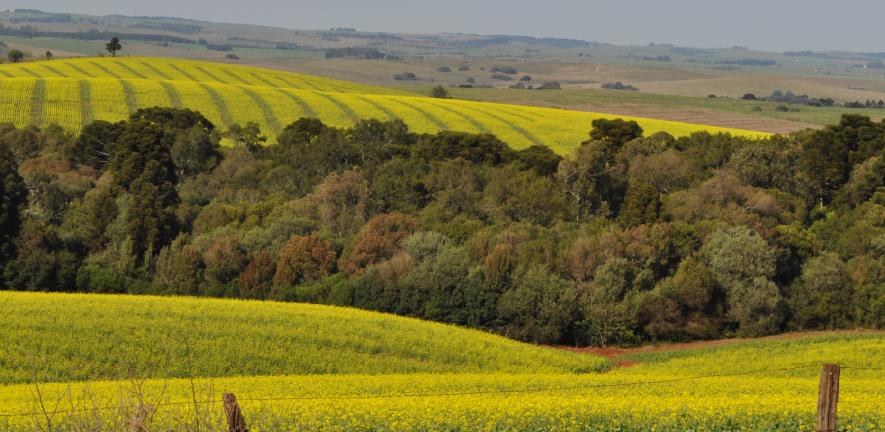
Scaling-up biodiversity reporting in food supply chains: developing a global farm-scale biodiversity metric for sustainable agriculture
Supervisor
Agriculture is the main driver of biodiversity loss in terrestrial environments worldwide. The Sustainable Development Goals and draft Global Biodiversity Framework both include targets for ‘sustainable agriculture’ that ‘improves land and soil quality’, and maintains resilient ecosystems. Progress towards these targets is difficult to measure at global scale. The Cool Farm Biodiversity metric is an online tool developed by the University of Cambridge in partnership with the Cool Farm Alliance. Sitting alongside greenhouse gas emission and water footprint calculators, it quantifies how well farm management supports biodiversity, combining expert judgement with scientific evidence, informed by stakeholders. Temperate forest, and Mediterranean and xeric shrubland versions are available, with a version for tropical forest biomes in late-stage development. The tool can be used to compare farms for their biodiversity impact and track improvement over time, and easily scales up to entire supply chains. It is available in 16 languages and several thousand farms have already been assessed around the world. This project will validate the tool against real biodiversity data for the first time and incorporate newly emerging methods for measuring biodiversity impact, based on remote sensing and global species range datasets. The project will scale the tool to become fully global by including temperate and tropical grassland biomes. Through the Cool Farm Alliance membership, the student will work internationally, with samples of farms from different biomes. Field monitoring of biodiversity indicators can be included, according to the students’ interests. Outputs will be tested and incorporated into the online tool.
